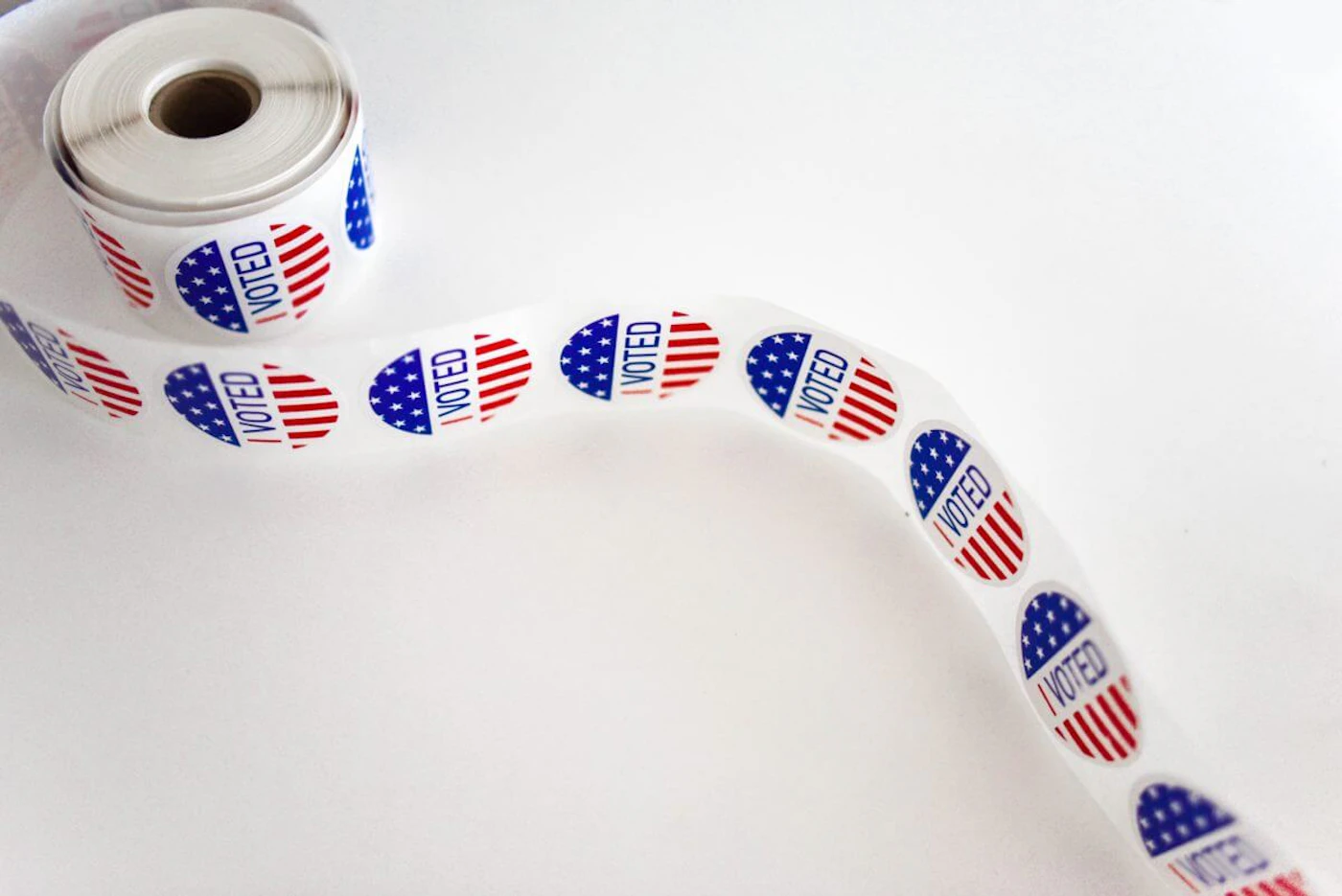One out of 13 African Americans in the U.S. are disproportionately harmed by felony disenfranchisement laws. Social justice groups also say they’re unconstitutional.
Last week, three social justice groups filed a lawsuit challenging North Carolina’s restrictive policies regarding voting rights for people with felony convictions.
It’s an issue Dennis Gaddy, executive director of Community Success Initiative (CSI), understands well. After spending more than five years in a North Carolina prison, he had to wait another year after his release to be able to vote again. As a result, he missed out on the opportunity to help elect the country’s first Black president, NC Policy Watch reports.
In North Carolina, residents convicted of a felony are prohibited from voting during incarceration and for a period of time afterward. According to state law, they must first be “unconditionally discharged” from the remaining aspects of their sentence, which can include probation, parole, and/or paying court fees or restitution.
That’s why CSI, alongside Justice Served NC and the state’s chapter of the NAACP, filed a suit against leaders of the N.C. General Assembly and the N.C. State Board of Elections to have the law restricting the voting rights of the formerly incarcerated declared unconstitutional.
Doing so, advocates say, will make approximately 70,000 North Carolinians eligible to vote again.
“This fight is deeply personal to me,” Gaddy said during a Nov. 20 press conference announcing the lawsuit. “I grew up watching my mother registering our community to vote under the hardest of circumstances, and I understand that this right is sacred. For seven years, under the statute we challenge today, I lost that sacred right, even after I fully returned to society.
“We serve as lead plaintiff here today to end this unconstitutional policy and bring a sense of hope to those North Carolinians who are seeking to reintegrate into our communities and society against great odds.”
“For seven years, under the statute we challenge today, I lost that sacred right, even after I fully returned to society.”
At its core, the lawsuit filed in Wake County Superior Court contends, felony disenfranchisement is a racist policy that disproportionately affects people of color.
The complaint offers a look at the long history of state lawmakers working to “suppress African-American political power,” including segregation in public schools, the banning of interracial marriage, racist political messaging that centered on the need to “rescue the white people … from the curse of negro domination,” and, importantly, an 1875 amendment that “largely mirrors the analogous provision in North Carolina’s current constitution” regarding felony disenfranchisement.
According to the suit, current voting law regarding felons violates four clauses in the North Carolina constitution: that “all elections shall be free”; that all people are guaranteed the right to “substantially equal voting power” under the equal protection clause; that all are guaranteed the right to political expression through voting under the freedom of speech and assembly clauses; and that a person’s political rights should not be contingent upon their ability to have property (or money).
The right to vote “should not be conditioned on paying fees, restitution and fines, or other terms of probation and parole,” Justice Served executive director Diana Powell said in a statement.
A spokesperson for N.C. Senate leader Phil Berger, a defendant in the suit, told CBS 17: “This latest lawsuit – which we have not seen yet – is another attempt from left-leaning attorneys to have activist judges decide what the laws in the state should be.”
North Carolina is one of 21 states where a person convicted of a felony loses their right to vote during incarceration and afterward, according to the National Conference of State Legislatures.
Eleven states, such as Arizona and Virginia, make it even harder for formerly incarcerated individuals to participate in the election process: Depending on where they live, some lose their voting rights indefinitely if they’re convicted of certain crimes, while others have to take additional steps, such as petitioning a court, to be able to vote again.
According to the Brennan Center for Justice, approximately 4.7 million Americans who are actively contributing to society in worthwhile ways cannot vote because of a past criminal conviction. Additionally, one out of 13 African Americans in the United States are disproportionately harmed by these laws.
“The disenfranchisement of citizens with prior felony convictions has long been a moral stain on our democracy,” Farbod Faraji of Protect Democracy (one of the organizations offering legal representation for the plaintiffs) said in a statement. “It is long past time to put an end to this unjust practice, which has sought to mute the voices of tens of thousands of predominantly Black and Brown people who live right alongside us but have been relegated to second-class citizenship. This modern-day version of Jim Crow must end today.”




